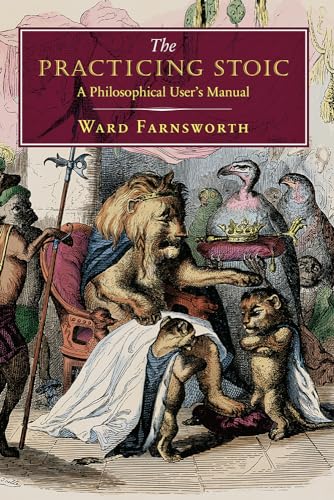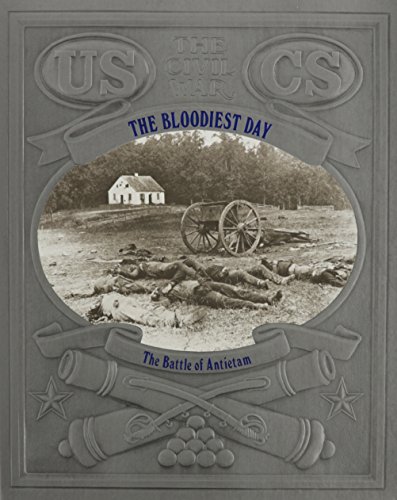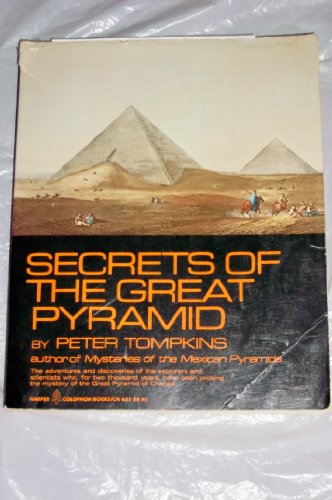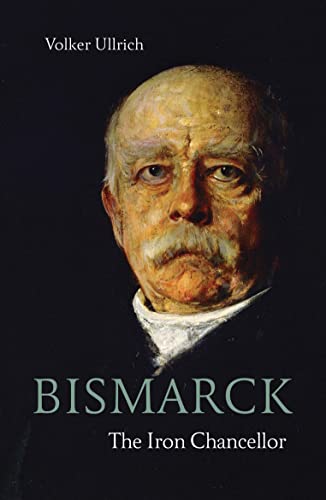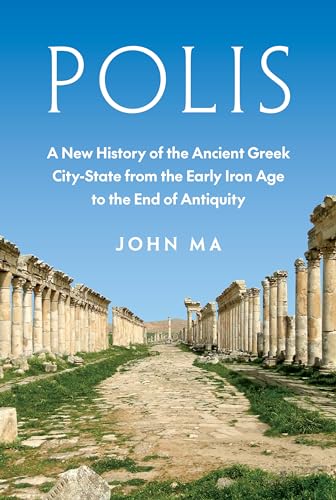
Author: Ma, John
Price: $48.55
Category:Ancient Civilizations
Publication Date:2024-06-04T00:00:01Z
Pages:736
Binding:Hardcover
ISBN:10:0691155380
ISBN:13:9780691155388
“The polis, the dominant political form around which ancient Greeks structured their lives and activities, is perhaps their most fundamental creation and enduring legacy. It was a highly successful form of social organization in which Greek culture thrived, including architecture, literature, and philosophy. In this book, ancient historian John Ma offers a new history of the polis from its origins in the Early Iron Age through its eclipse in Late Antiquity. He aims to answer a few big questions about it-Why did it emerge? What needs did it fulfill? How did it work? In addition, it is often assumed that the polis, along with the concomitant values of democracy and freedom, came to an end with the Classical period. Taking a contrary view, Ma explores how it endured under imperial control (the Persian Achaimenids, the Hellenistic kings, the Roman Empire), as well as why and how it eventually ended. In addressing these questions, Ma examines not only the most well-known ancient city-states like Sparta and Athens but also many lesser-known ones. He shows how complex the relations of power, access, and membership between the city, the territory, and the members of the polis were. Ma also examines the polis’s significance as a social form and looks to the people who constitute the polis, from free adult men-stakeholders in institutional power, slaveowners, or heads of households-and elites to women, foreigners, and enslaved peoples, however disempowered. He draws on recent work on gender and slavery to evaluate the place of domination and violence in the polis. In doing so, Ma shows how the composition of the citizen body is both a political and social issue. The powerful combination of central political ideas and conflict around the issues of autonomy and social power led, Ma argues, to a “great convergence” of polis forms, producing a relatively uniform, stable organism, centred on communitarian, democratic forms and bargains between the community and its elites. This convergence led to the diffusion and harmonization of polis forms, both within and beyond the Aegean, and which allowed them to endure for almost a thousand years with an even longer legacy”–

